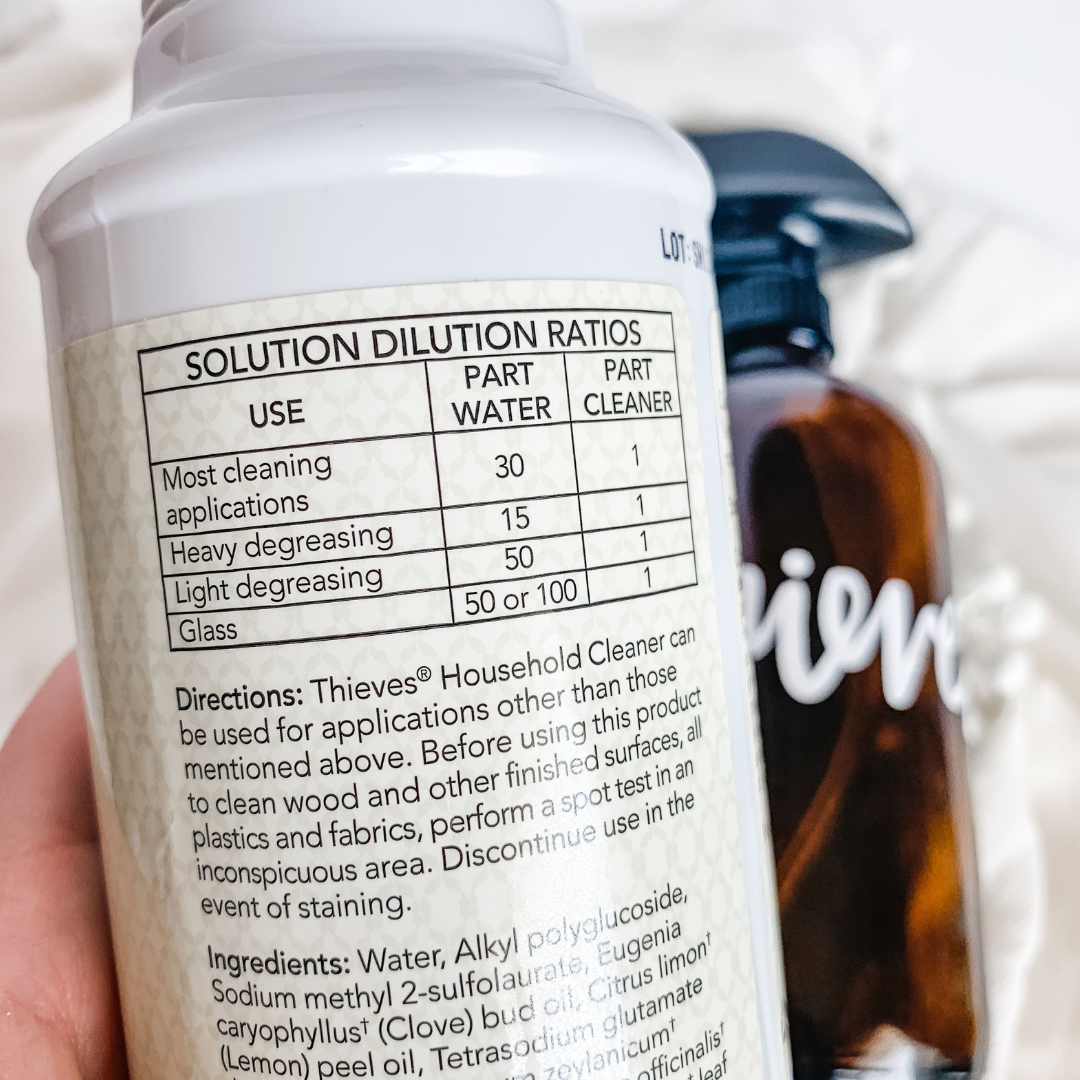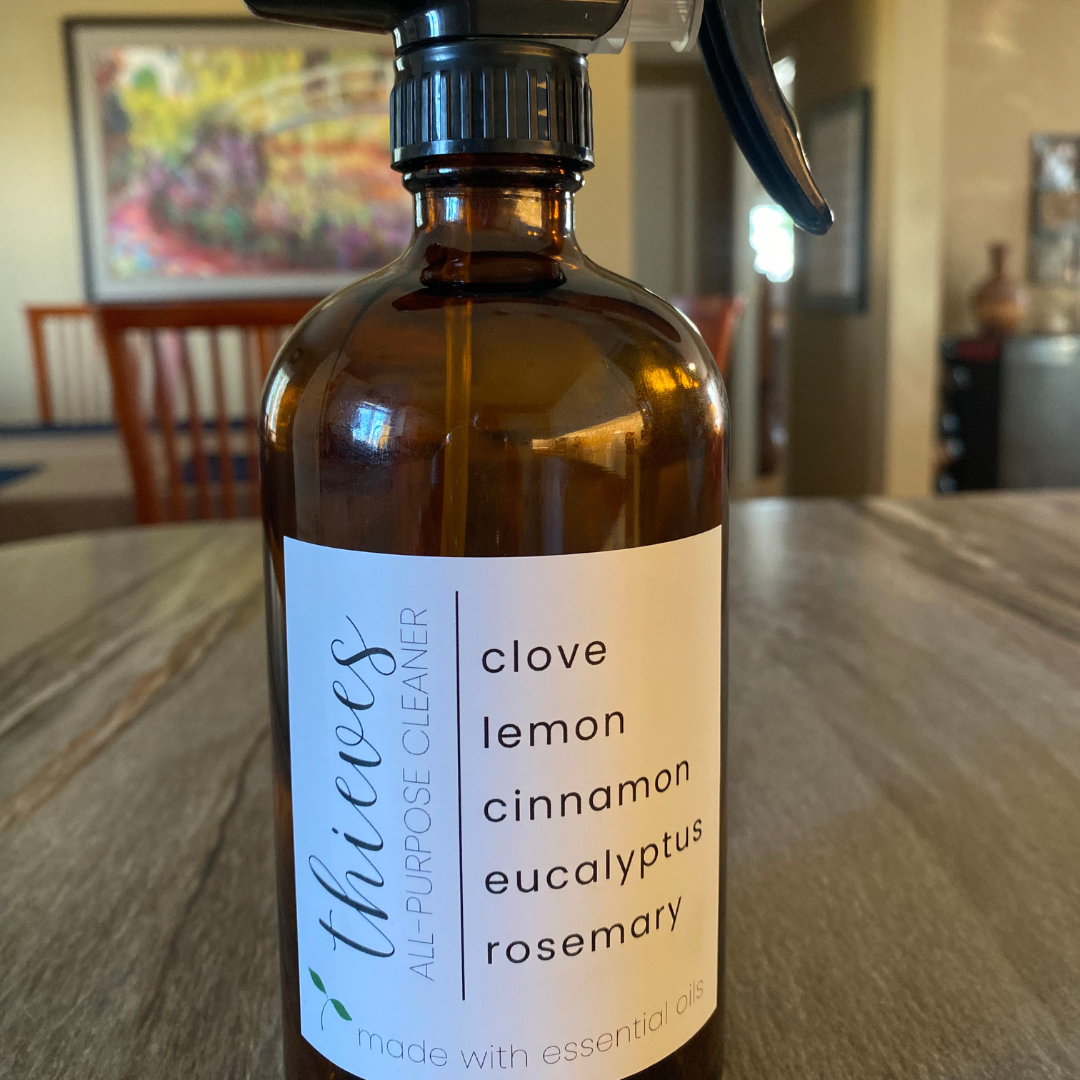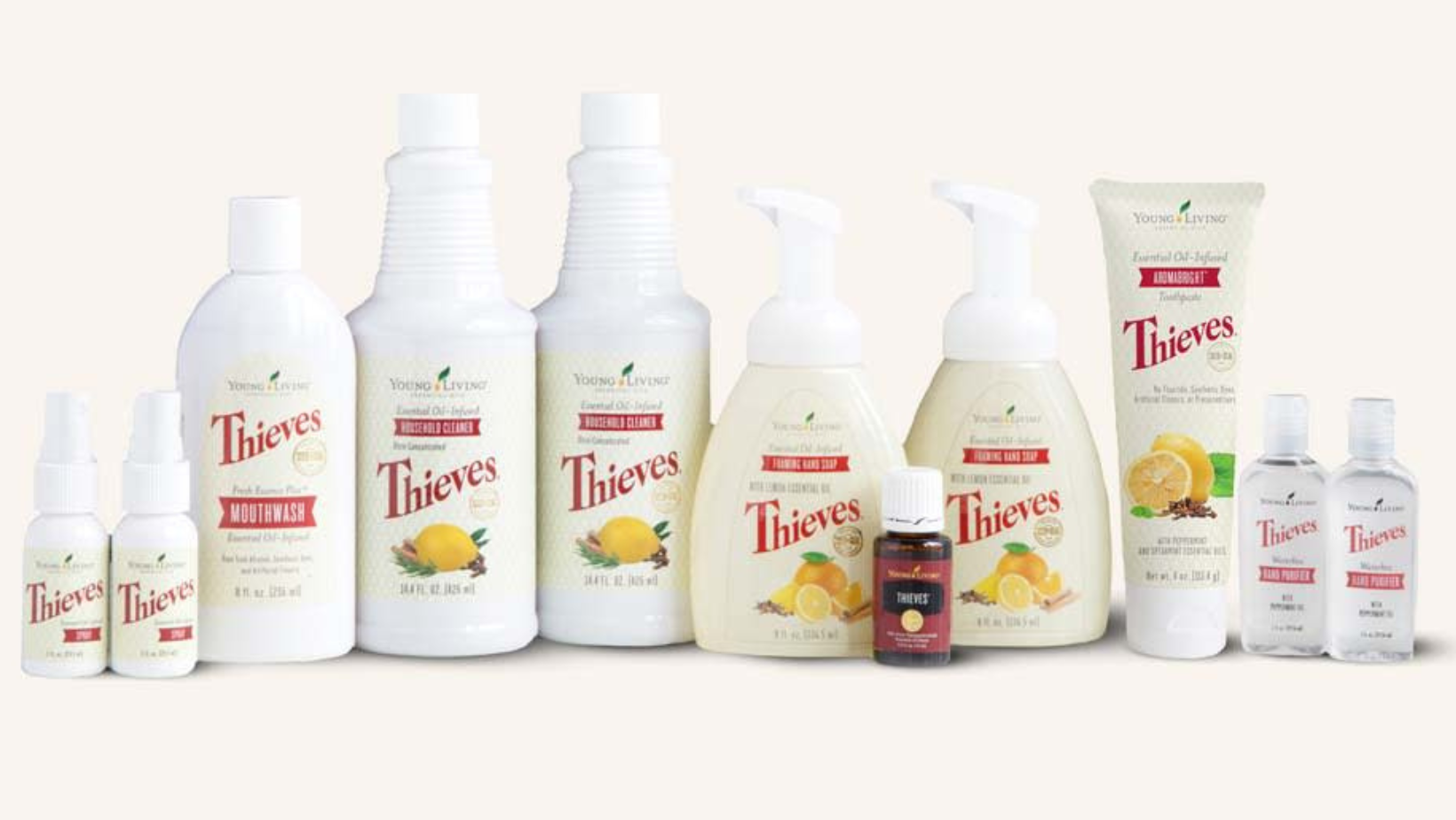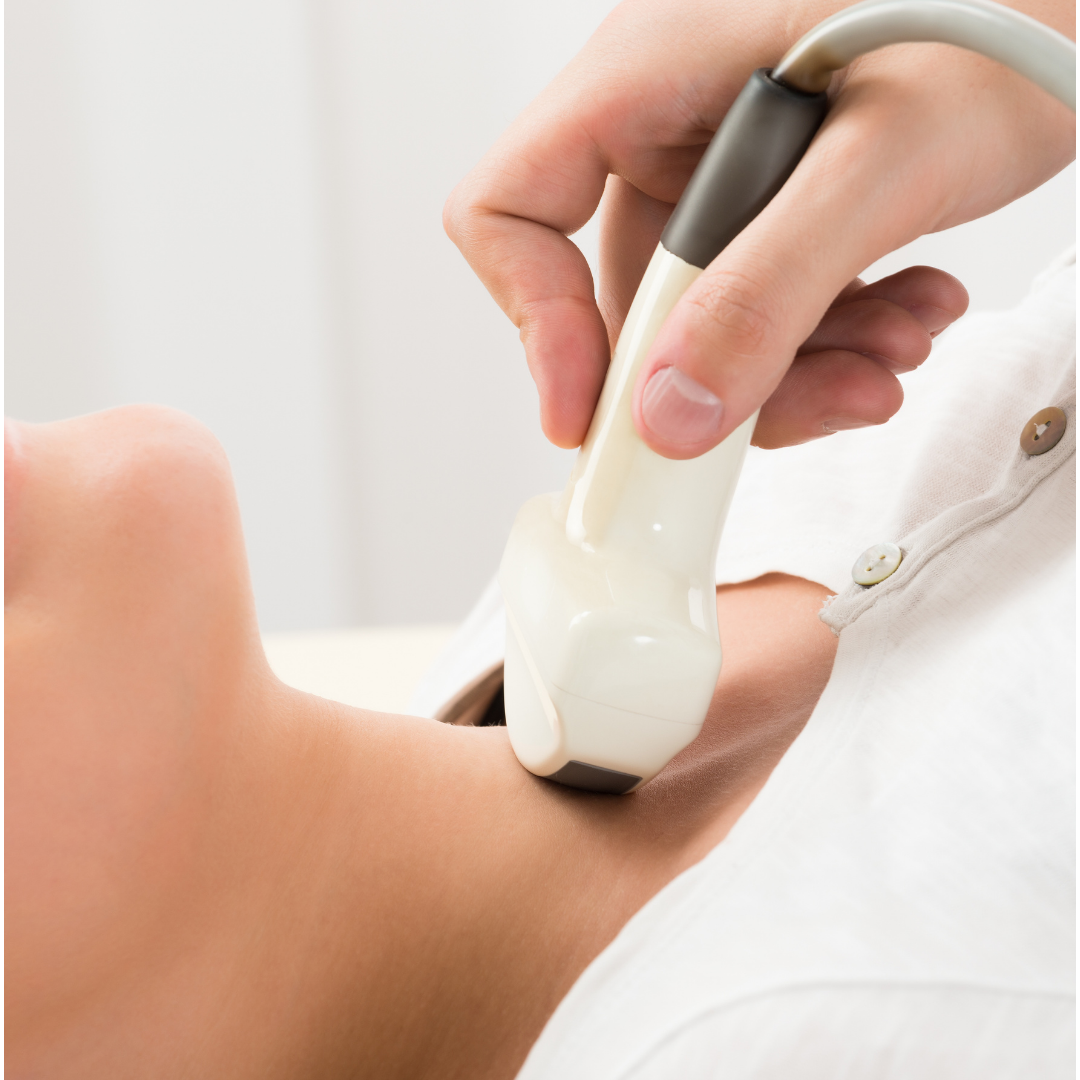

 That is, until I read the dilution instructions. 1 part cleaner to 30 parts water? What does that even mean? I don't know about you, but my brain doesn't work in parts.
That is, until I read the dilution instructions. 1 part cleaner to 30 parts water? What does that even mean? I don't know about you, but my brain doesn't work in parts. Start with a 16-oz glass spray bottle like this.
Start with a 16-oz glass spray bottle like this. 




 This was me at the end of 2020. I truly thought I was doing everything right. The dreaded "COVID 15?" Not me. In fact, I was in the best shape of my life—eating nutritious foods, teaching virtual fitness classes, and feeling great. So I assumed I was pretty much immune to the major health problems that plague many people my age. But little did I know life was about to hand me a much needed reality check.
This was me at the end of 2020. I truly thought I was doing everything right. The dreaded "COVID 15?" Not me. In fact, I was in the best shape of my life—eating nutritious foods, teaching virtual fitness classes, and feeling great. So I assumed I was pretty much immune to the major health problems that plague many people my age. But little did I know life was about to hand me a much needed reality check.
But then in the summer of 2021, I came face to face with a cancer scare. Cancer? Me? That can't be possible! But after blood tests, a thyroid scan, an ultrasound, and two biopsies, I received an official diagnosis of hyperthyroidism. According to medlineplus.gov, the symptoms of hyperthyroidism are:
- Anxiety
- Weight loss
- Tremors in the hands
- Increased heart rate
- Puffiness
- Bulging of the eyes
- Difficulty sleeping
 Of all these symptoms, I had zero. But an ultrasound revealed six nodules on my thyroid, two of which were "suspect." Fortunately the two biopsies ruled out cancer—for now. But that could change at any moment, which means that I'll need ultrasounds and biopsies every year for the rest of my life. It got to the point where I felt like the inevitable was chasing me.
Of all these symptoms, I had zero. But an ultrasound revealed six nodules on my thyroid, two of which were "suspect." Fortunately the two biopsies ruled out cancer—for now. But that could change at any moment, which means that I'll need ultrasounds and biopsies every year for the rest of my life. It got to the point where I felt like the inevitable was chasing me.
At the time, my TSH was 0.019 mU/L (anything below 0.5 mU/L is considered hyperthyroidism). If it didn't improve, my endocrinologist planned to recommend one of two things: take medication to raise my TSH (and lower my thyroid activity) or have my thyroid removed completely and take medication that will mimic T3 and T4 hormones. So that meant I had two full months to try to tackle this myself and find option number three? Gulp.
 This is what I started doing immediately. For starters, I purged my home of all the toxins and poisons I could think of. The only products under my sink are Thieves Household Cleaner, baking soda, and vinegar. Everything else—gone. I threw out all my toxic candles and plug-ins and replaced them with essential oil diffusers. And I got rid of all my chemical-laden body care products—shampoos, conditioners, deodorants, lotions, gels, hairsprays...you name it. I even stopped bleaching my hair! Lastly, I am supplementing with natural products from Young Living that support thyroid health and endocrine function, specifically Thyromin capsules and Endoflex essential oil blend.
This is what I started doing immediately. For starters, I purged my home of all the toxins and poisons I could think of. The only products under my sink are Thieves Household Cleaner, baking soda, and vinegar. Everything else—gone. I threw out all my toxic candles and plug-ins and replaced them with essential oil diffusers. And I got rid of all my chemical-laden body care products—shampoos, conditioners, deodorants, lotions, gels, hairsprays...you name it. I even stopped bleaching my hair! Lastly, I am supplementing with natural products from Young Living that support thyroid health and endocrine function, specifically Thyromin capsules and Endoflex essential oil blend.



